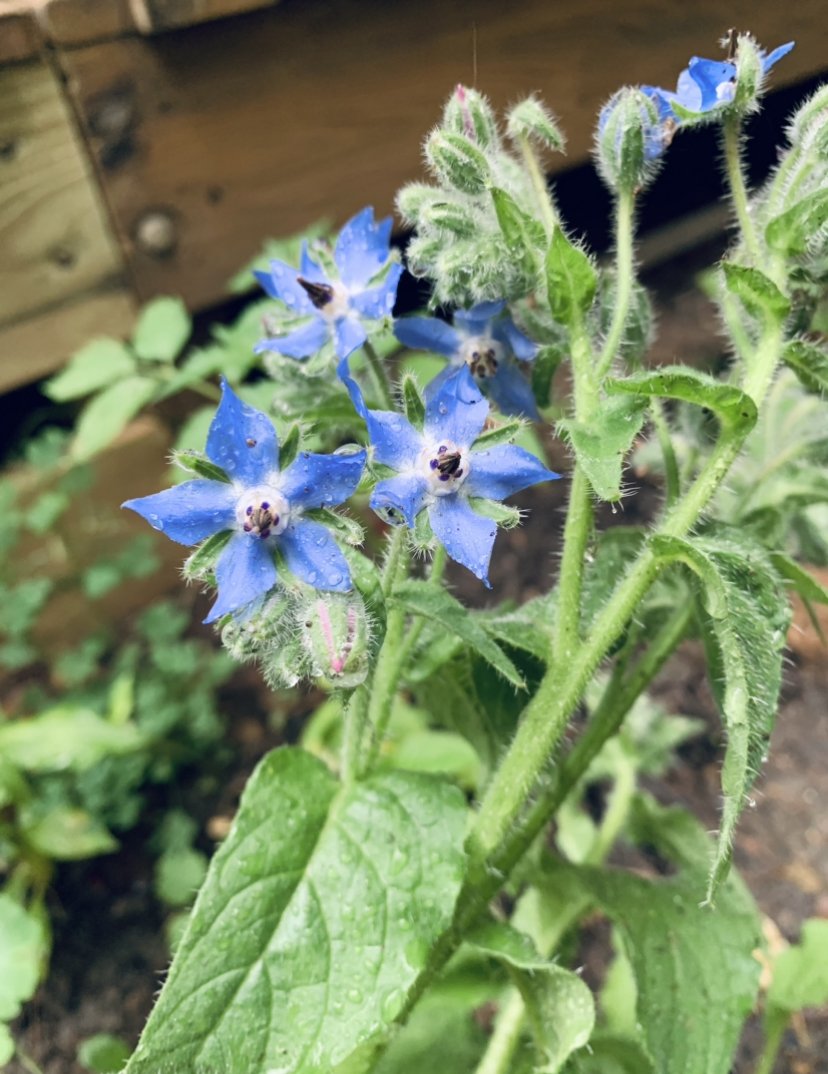 Image 1 of 4
Image 1 of 4

 Image 2 of 4
Image 2 of 4

 Image 3 of 4
Image 3 of 4

 Image 4 of 4
Image 4 of 4





Usnea Tincture
*Ethically Harvested by Kaorin in the Mountains of Asheville NC.
Usnea is a genus of lichen, and lichens are unique organisms resulting from a symbiotic relationship between fungi and algae or cyanobacteria. Usnea lichens are commonly found on trees and shrubs in various environments, including forests and mountainous regions. These lichens have a distinctive appearance, often resembling hair or string hanging from branches.
Usnea has been used in traditional medicine by various cultures for its potential medicinal properties. While specific species within the Usnea genus can vary, they typically contain compounds like usnic acid, which has been studied for its antibacterial, antifungal, and anti-inflammatory properties. Some traditional uses of usnea include supporting the immune system, treating respiratory conditions, and aiding in wound healing.
Antibacterial Properties: Usnic acid, a compound found in usnea, has been studied for its antibacterial properties. It may help inhibit the growth of bacteria, making usnea a potential natural antibiotic.
Anti-fungal Properties: Usnea has shown anti-fungal activity, which may be beneficial in combating certain fungal infections. It has been used topically for conditions like athlete's foot and ringworm.
Anti-Viral Properties: Usna has shown anti-viral activity and can be taken as a way to support the immune system to prevent viral infection as well as taken at the start of a detected viral sickness.
Anti-inflammatory Effects: Usnea has been traditionally used for its anti-inflammatory properties. It may help reduce inflammation, making it potentially useful for conditions involving inflammation.
Immune System Support: Some traditional uses of usnea involve supporting the immune system. It is believed to have immune-enhancing properties that may help the body in defending against infections.
Respiratory Health: Usnea has been used to support respiratory health. It is believed to have expectorant properties, helping to clear mucus and support the respiratory system.
Antioxidant Activity: Usnea contains compounds with antioxidant properties. Antioxidants help neutralize free radicals in the body, which can contribute to overall health and well-being.
Wound Healing: Usnea has been used topically for wound healing due to its potential antibacterial and anti-inflammatory effects. However, more research is needed to validate its efficacy in this regard.
*Ethically Harvested by Kaorin in the Mountains of Asheville NC.
Usnea is a genus of lichen, and lichens are unique organisms resulting from a symbiotic relationship between fungi and algae or cyanobacteria. Usnea lichens are commonly found on trees and shrubs in various environments, including forests and mountainous regions. These lichens have a distinctive appearance, often resembling hair or string hanging from branches.
Usnea has been used in traditional medicine by various cultures for its potential medicinal properties. While specific species within the Usnea genus can vary, they typically contain compounds like usnic acid, which has been studied for its antibacterial, antifungal, and anti-inflammatory properties. Some traditional uses of usnea include supporting the immune system, treating respiratory conditions, and aiding in wound healing.
Antibacterial Properties: Usnic acid, a compound found in usnea, has been studied for its antibacterial properties. It may help inhibit the growth of bacteria, making usnea a potential natural antibiotic.
Anti-fungal Properties: Usnea has shown anti-fungal activity, which may be beneficial in combating certain fungal infections. It has been used topically for conditions like athlete's foot and ringworm.
Anti-Viral Properties: Usna has shown anti-viral activity and can be taken as a way to support the immune system to prevent viral infection as well as taken at the start of a detected viral sickness.
Anti-inflammatory Effects: Usnea has been traditionally used for its anti-inflammatory properties. It may help reduce inflammation, making it potentially useful for conditions involving inflammation.
Immune System Support: Some traditional uses of usnea involve supporting the immune system. It is believed to have immune-enhancing properties that may help the body in defending against infections.
Respiratory Health: Usnea has been used to support respiratory health. It is believed to have expectorant properties, helping to clear mucus and support the respiratory system.
Antioxidant Activity: Usnea contains compounds with antioxidant properties. Antioxidants help neutralize free radicals in the body, which can contribute to overall health and well-being.
Wound Healing: Usnea has been used topically for wound healing due to its potential antibacterial and anti-inflammatory effects. However, more research is needed to validate its efficacy in this regard.



















